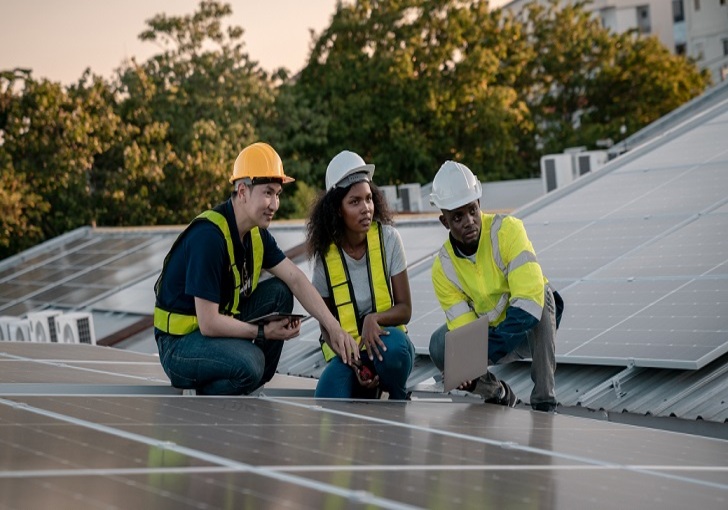Starting simply with solar energy

Renewable energies are no longer an option: they are a necessity. Faced with the climate emergency and rising energy costs, investing in sustainable sources like solar power becomes essential for individuals, businesses, and communities.
Economic benefits of solar energy
Solar energy offers many economic benefits. In addition to reducing electricity bills, it represents a profitable long-term investment, increases the value of your property, and provides access to tax incentives.
Reduction of bills
Switching to solar energy significantly reduces your monthly energy expenses.
Return on investment
Although the initial installation has a cost, the savings achieved ensure a return on investment within a few years.
Increase in property value
A home equipped with solar panels gains value on the real estate market.
Tax credits and incentives
Numerous government aids, tax credits, and grants are available to support the transition to solar energy.
Innovations in renewable energy
Renewable energies are constantly evolving thanks to numerous technological advancements that make their production and use more efficient, more stable, and more accessible. The solar sector, in particular, is benefiting from ongoing progress that supports its large-scale adoption.
Among the most notable innovations are next-generation solar panels, which achieve higher efficiency while adapting better to various climatic conditions. Bifacial panels, for example, capture sunlight from both sides, significantly increasing energy production on the same surface area.
Energy storage is another rapidly growing field. Lithium-ion batteries, now more efficient and affordable, make it possible to store electricity generated during the day for use at night or during periods of high demand.
This improves household energy autonomy and secures the supply of clean energy.
At the same time, smart grids are revolutionizing energy management. These connected systems can monitor electricity consumption and production in real time, allowing for optimized distribution, reduced losses, and better integration of renewable sources into the national grid.
Finally, new economic models are emerging. Self-consumption, citizen energy cooperatives, and the sale of surplus electricity allow individuals to become producers and active participants in the energy transition. These social and technological innovations go hand in hand to accelerate the shift toward a sustainable and resilient energy future.
Related Article
Nos sections
Confidentialité
Contact
- 06 66 08 59 65
- contact@tsb-enr.fr
- 52 Boulevard Koenigs, 31300 Toulouse
